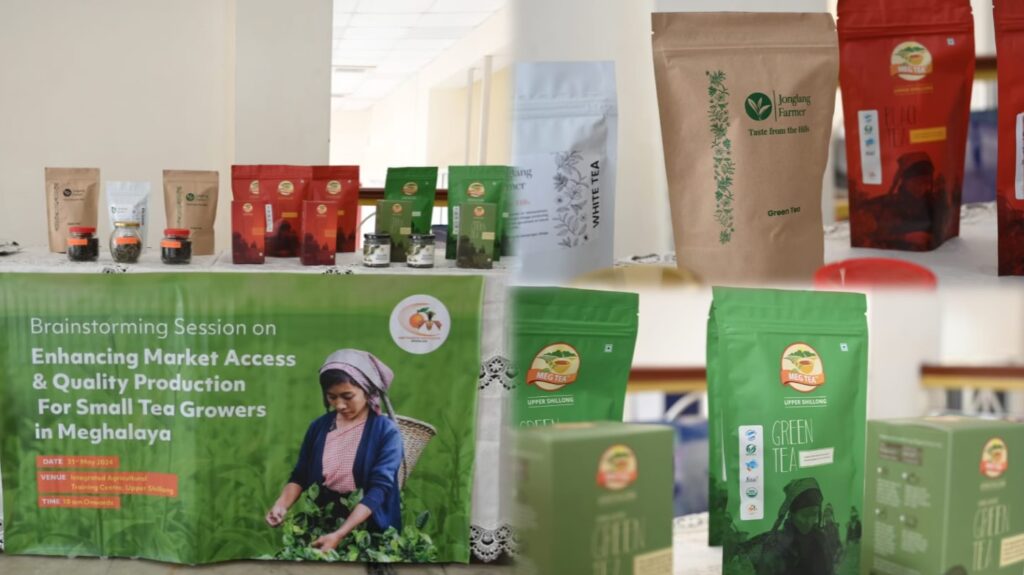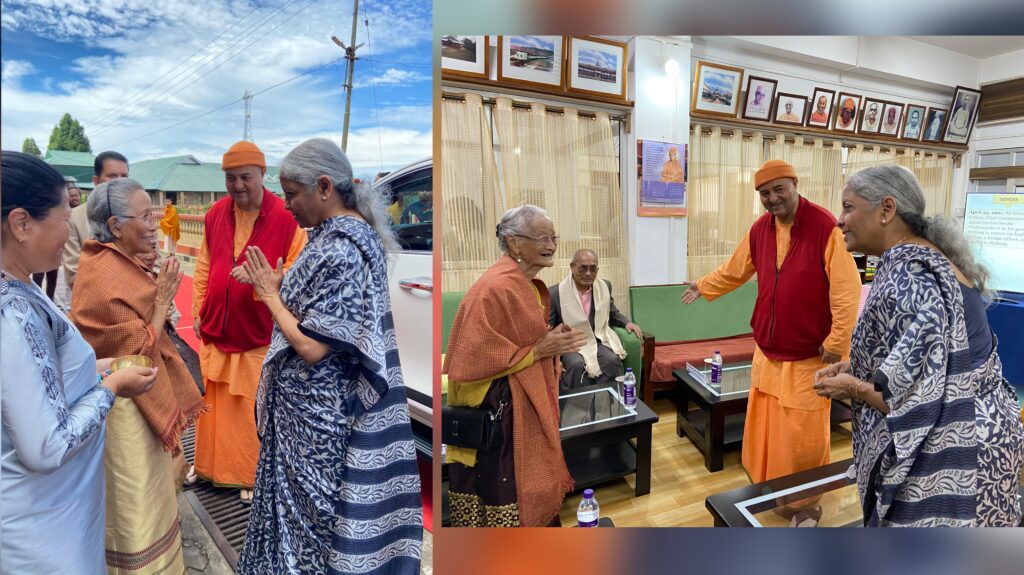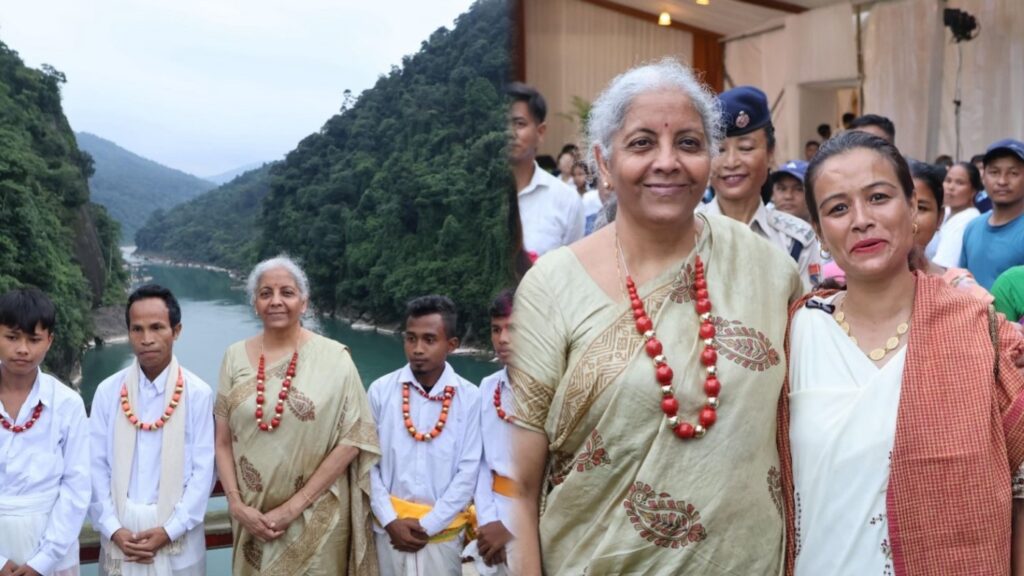Shillong, June 1 : In a promising development for the state’s tea industry, the Directorate of Horticulture hosted a successful brainstorming session on May 31st, 2024. Entitled “Enhancing Market Access & Quality Production for Small Tea Growers in Meghalaya,” the event brought together experts and dignitaries dedicated to improving the fortunes of the region’s tea growers.
The session, held at the Integrated Agricultural Training Centre in Upper Shillong, featured insightful contributions from prominent figures like Smt. D.C. Sohtun, Director of Horticulture, and Shri M.L. Suiam, OSD, Directorate of Food Processing. International expertise was also present, with John Taylor, Marketing Manager of HTPC, Nepal, sharing valuable insights on international marketing opportunities.
The focus of the session was on empowering Meghalaya’s small tea growers. Discussions revolved around identifying challenges and opportunities, exploring avenues for marketing tea in international markets, and adopting efficient micro and mini tea processing machinery. Experts also shed light on specialty tea manufacturing, a potentially lucrative avenue for the state’s unique organic tea offerings.
“Enhancing market access and quality production for small tea growers is crucial for the overall development of Meghalaya’s tea industry,” emphasized D.C. Sohtun. She highlighted the inherent advantages of Meghalaya’s tea, primarily its organic nature, while acknowledging challenges like high investment costs and the unorganized structure of the sector.
The session provided a platform for a collaborative approach. M.L. Suiam pointed out the state’s progress in promoting low-volume, high-value tea products. He acknowledged the need to address limited market access and quality control issues, but expressed optimism based on the success of some existing Meghalayan tea brands.
Marbakynsai Marbaniang’s analysis of the specific challenges faced by small tea growers provided valuable insights and paved the way for targeted solutions. Compared to other tea-producing states, Meghalaya has a smaller area under tea cultivation (2768 hectares). However, with its first tea factory established in 1997 and a growing number of small and large factories, the state is poised for significant growth.
International market access was a key theme, with John Taylor urging authorities to connect Meghalaya’s tea producers with small buyers from other countries. This session marks a significant step forward for Meghalaya’s tea industry, with a clear focus on empowering small growers, improving quality, and expanding market reach.








